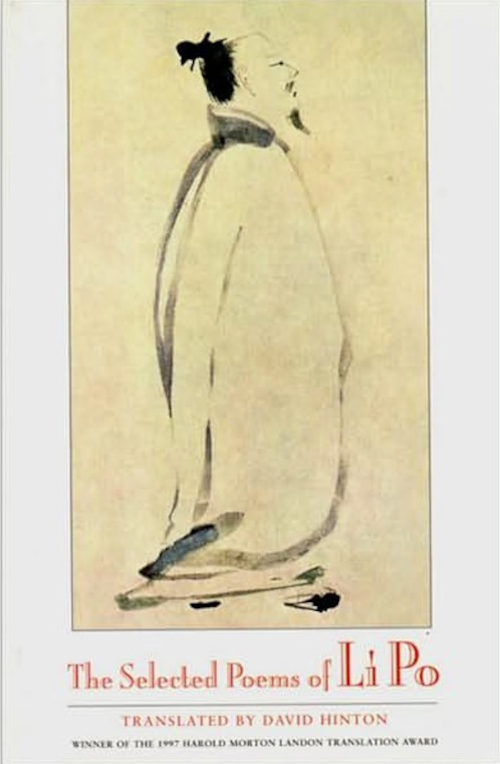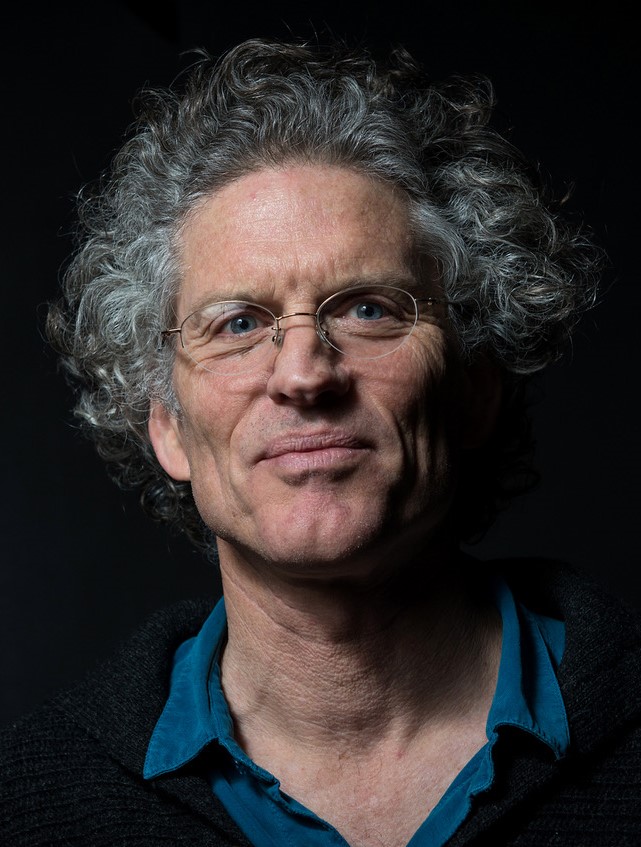Every poetry gets its deep form from its native cosmology. The native cosmology of classical Chinese poetry is a system we might now describe as deep ecology, in which humans are an organic part of the earth— a very contemporary insight, and altogether different from the Judeo-Christian worldview that has shaped Western poetry until very recent times, a worldview in which we are spirits visiting this merely material earth almost like aliens. The ecological implications of these two worldviews are obvious, and I’ve found that translating classical Chinese poetry is a way for me to make contemporary poetry that operates outside of the Western cosmological or mythological system, even so far as to register a very different sense of what the self is. In this poetry, identity can be so much a part of the empirical world that it actually becomes landscape, as in this poem by Li Po from the eighth century:
Reverence-Pavilion Mountain, Sitting Alone
Birds have vanished into deep skies.
A last cloud drifts away, all idleness.
Inexhaustible, this Mountain and I
gaze at each other, it alone remaining.
And the fate of identity, our fate at the end of life, is also landscape in Chinese poetry, as when T’ao Ch’ien says in the fourth century: “Once you’re dead and gone, what then? Trust yourself to the mountainside. It will take you in.” Or indeed, as modern astronomy and cosmology has taught us, with its birth and death of stars and planets like ours, our fate is ultimately out there in the cosmos— a fact Li Po sensed beautifully in his “Drinking Alone Beneath the Moon,” a poem about drinking wine here in the Milky Way, which the Chinese call the Star River.
*
David Hinton’s latest book, Wild Mind, Wild Earth: Our Place in the Sixth Extinction, which explores the confluence of ancient Chinese spirituality and modern Western environmental thought, was released by Shambhala on November 6.




